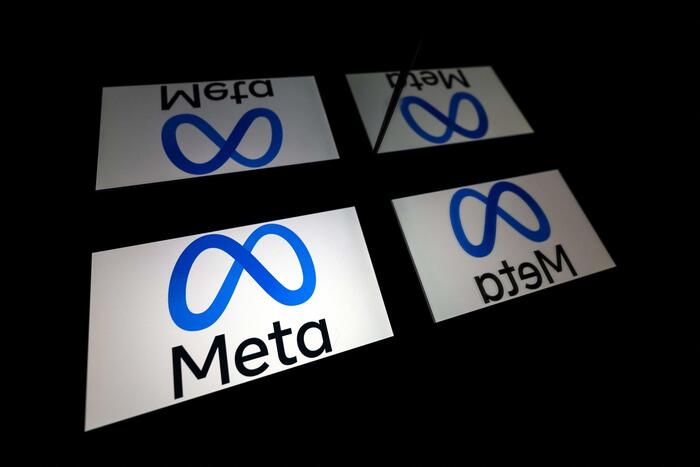Some of the many things I don't want to do after my death include being reborn, going to hell, or appearing in promotional videos for nose trimmers.
The latter would at least not be ruled out if I had Hour One digitize me in time.
The start-up from Tel Aviv creates so-called deepfakes of volunteers who make their computer-animated faces available for almost any purpose and want to be rewarded for it.
Hour One has been around since 2019, and the company keeps appearing in technology media with its idea, most recently last Friday in "Technology Review". The article is about the 23-year-old student Liri, who also works as a waiter, sells cars, works as a personnel manager and does other jobs to finance her living. The waiters only require their presence, everything else is done by their deepfake avatar.
Deepfakes are artificially created videos and audio files of real people. With machine learning (“deep learning”), software can imitate the facial expressions and the voice of the real person after sufficient training with image or sound material. Any words can be put into the mouth of the digital copy created in this way, in the best case it always looks or sounds as if the real person is speaking.
According to the company, Hour One only needs a ten-minute video of a person as training material, recorded with a high-resolution camera in front of a green screen. The finished deepfake version can then say any text in any language - either via text-to-speech input or with the help of a soundtrack from professional speakers. Hour One has digitized 100 models so far, 40 companies are allegedly already using them for advertising, as digital reception staff in hotels or - in the case of the Berlitz language schools - as language trainers.
Of course, this should primarily scale, i.e. save money by making models and speakers themselves unemployed. The only thing left to do is script the videos, and even that could be automated in some cases, for example in the area of sports or financial reporting. After all, one of the ideas of Hour One is that an avatar can hold (recorded) lectures via video if the real person suffers from stage fright.
As futuristic as it may sound, I am not very impressed by what Hour One has shown on its website so far. The example avatars can only be seen from the front and only move the digital facial muscles. Without a change of perspective and body movements, the doppelgangers still look like robots, so even the most beautiful facial expressions are of little use. I would therefore want to keep an eye on what the company is doing, but so far it has at best indicated what the technology could be used for.
Incidentally, the human role models are always paid for when an Hour One customer uses their avatar.
So far, however, one has not been able to make a living from it, the company admitted in the article in Technology Review.
And you don't get a real say, for which the digital counterpart is used.
In its rather short “ethics” disclaimer, Hour One only excludes “illegal, unethical, divisive, religious, political or sexual” content.
However, what is unethical or political can change very quickly these days.
Who knows what nose trimmers will stand for in the future?
External links: three tips from other media
"Stress Testing a Real-Life Military Exoskeleton" (video, English, 11:28 minutes)
Brent Rose from "Wired" delivers an entertaining gadget test: It sticks in an exoskeleton developed for soldiers and rescue workers and determines what it is brings or not.
"Google Says Staff Have No Right to Protest Its Choice of Clients" (English, 2 reading minutes)
Google employees have no right to protest against Google's contracts with the US border guards or other (also internally) controversial partnerships - says Google Court.
"Volunteers have to sacrifice free time to make the CovPass app available to everyone" (2 reading minutes)
After the Corona warning app, volunteers have now also recreated the CovPass app for digital vaccination records for the alternative app store F-Droid.
The Free Software Foundation Europe criticizes that the state should actually do that.
I wish you a nice week!
Patrick Beuth












